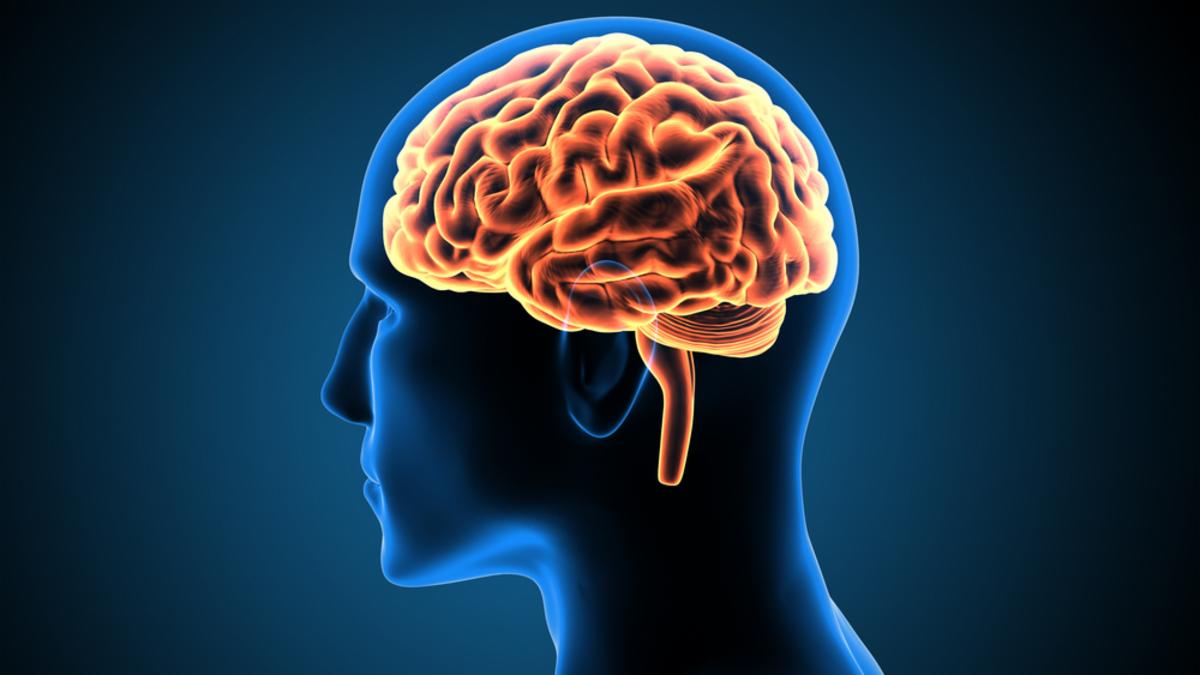Article Body
In a breakthrough that reads more like science fiction than neuroscience, researchers have found compelling evidence that the human brain can intentionally remove specific memories — not by overwriting them, but by suppressing the exact neural circuits that once stored them.
The new study, conducted by a team of cognitive neuroscientists at the University of Cambridge, marks a significant leap in our understanding of memory control, bringing us closer to decoding how the mind deliberately forgets.
Memory on Command? A New Frontier in Neuroscience
The research, published this week in Nature Neuroscience, suggests that forgetting is not always passive. Instead, the brain appears to have an active deletion mechanism — a process where people can consciously dampen certain memory traces in the hippocampus and prefrontal cortex, two regions heavily involved in memory encoding and retrieval.
"This isn’t about memory fading with time," said Dr. Alisha Venter, the lead author of the study. "It’s about people choosing to forget — and their brains cooperating by silencing the neural pathways connected to that memory."
Inside the Study: Forgetting on Purpose
In the experiment, 60 adult participants were shown pairs of unrelated images — such as a violin and a lighthouse. Later, they were cued to forget one of the two objects while keeping the other in memory. Functional MRI scans were used to observe how the brain responded to these cues.
The scans revealed that when participants attempted to forget an item, the neural activity associated with that memory weakened significantly — particularly in the regions of the brain responsible for sensory reactivation. In effect, participants were telling their brains, "Let it go," and the brain complied by reducing the trace of the memory.
Perhaps even more remarkably, the study found that the brain used the same mechanism for intentional forgetting as it does for attention suppression. “It’s like tuning out a distracting noise, but inside your head,” Dr. Venter explained.
Implications for PTSD, Trauma, and Mental Health
The discovery opens the door to potential therapeutic breakthroughs for people suffering from traumatic memories or intrusive thoughts, such as those with PTSD, anxiety disorders, or depression.
Dr. Renee Maldonado, a clinical psychiatrist not involved in the study, sees promise in these findings. “If we can teach patients how to intentionally weaken harmful memories — instead of reliving them — we could revolutionize trauma therapy,” she said.
However, she warns that the road from lab to clinic is long. “This isn’t Eternal Sunshine yet,” she joked, referencing the 2004 film Eternal Sunshine of the Spotless Mind, which imagines a future where painful memories can be selectively erased.
The Ethics of Forgetting
With any advancement that alters how we engage with memory, ethical concerns follow. Could such research eventually be used to manipulate memories — not just erase pain, but rewrite history?
Memory researchers are already asking critical questions. “What happens if we apply this to the wrong memories?” posed Dr. Harold Kim, a neuroethicist at Stanford University. “There’s a fine line between healing and tampering.”
Experts emphasize that current findings are purely observational and not yet equipped for real-time intervention or behavioral modification. Still, the idea that memory can be consciously dimmed raises philosophical questions about identity, free will, and the nature of truth.
How This Fits in the Bigger Brain Puzzle
This study builds upon previous research on memory reconsolidation — the theory that every time we recall something, we recreate it slightly. But where past studies focused on how memories can be reinforced, this research shows how they can be suppressed.
Interestingly, participants did not experience a complete wipeout of the memory. Instead, memories became less accessible, harder to retrieve, and fuzzier in detail. “It’s not deletion, it’s dimming,” said Dr. Venter. “The memory is still in the brain, just harder to light up.”
Could We Train Our Brains to Forget?
That’s the next big question. While we’re not yet at the point of pressing a mental delete button, researchers are optimistic that cognitive training, mindfulness techniques, or even neurofeedback might one day help individuals strengthen this natural forgetting function.
“Forgetting is a skill — and like any skill, it might be teachable,” Dr. Venter added.
Conclusion: The Power of Letting Go
For centuries, the human mind has been praised for its capacity to remember. But now, we may need to celebrate the brain's ability to forget — intentionally, and for our own good.
As our understanding of memory suppression evolves, so too does the potential for new therapies, self-improvement tools, and even a reevaluation of how we define personal history. Whether you’re haunted by heartbreak, loss, or the small embarrassments of everyday life, your brain might soon help you hit mute — all on its own.


Comments